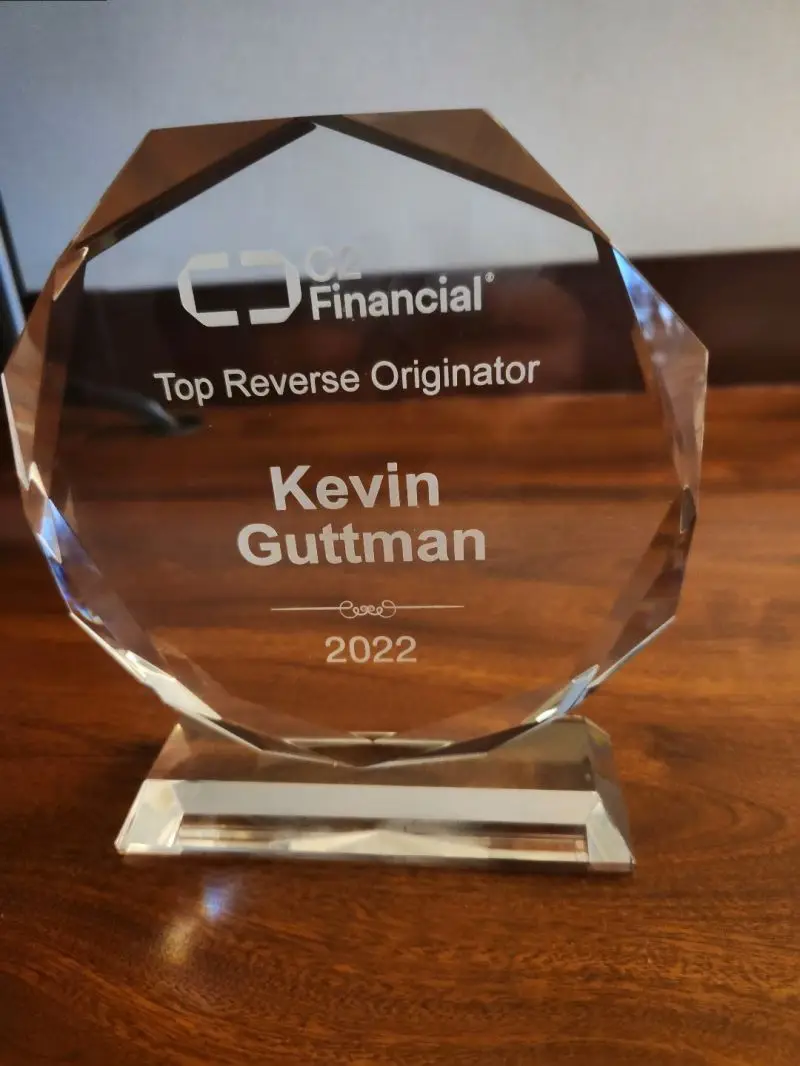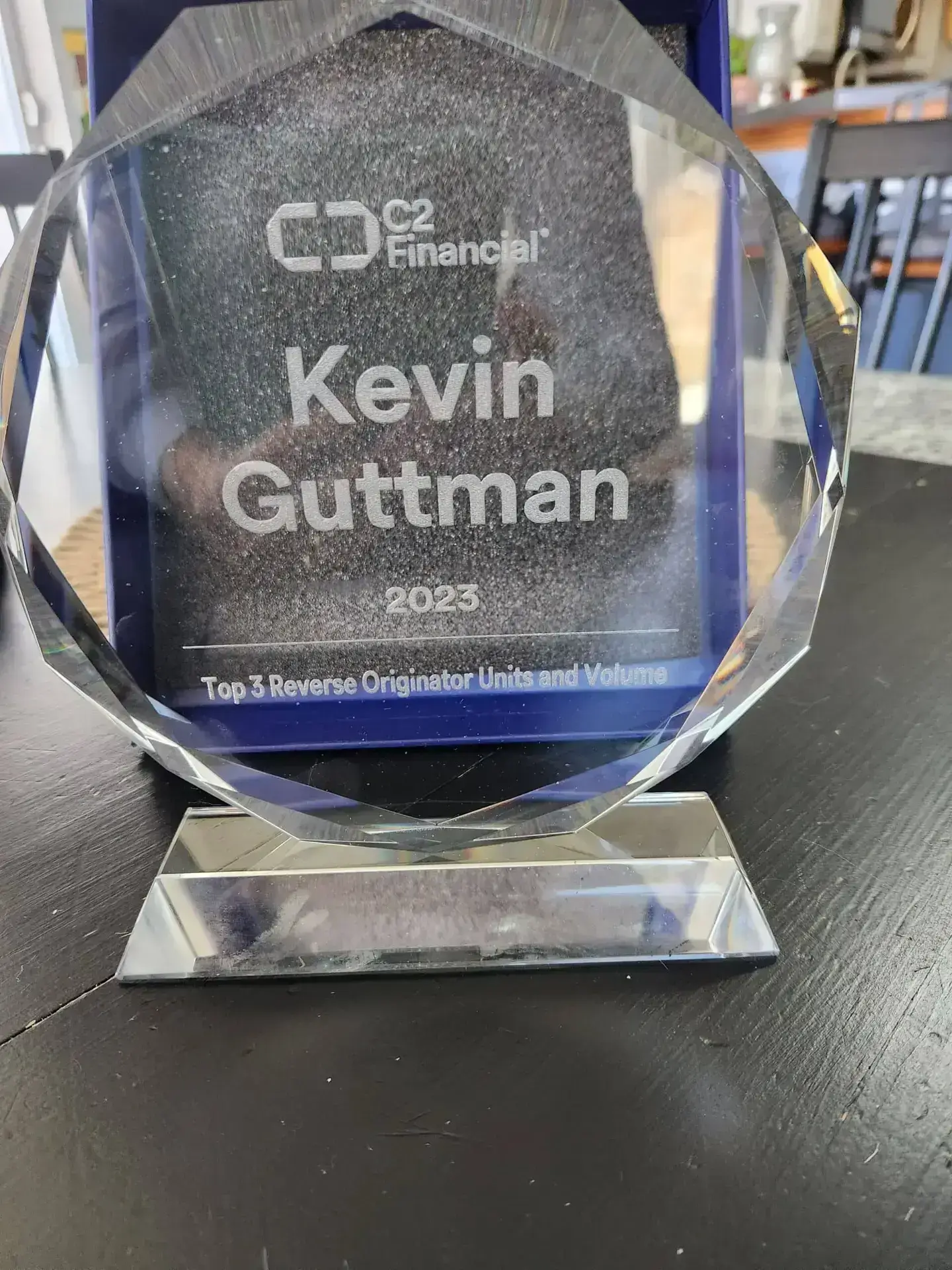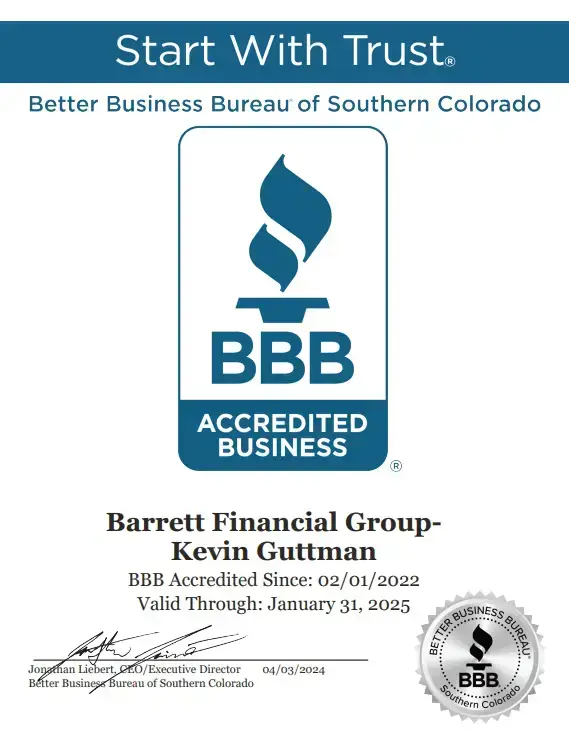Helping Colorado seniors decide if it’s the right move for their financial future
A reverse mortgage can be a powerful financial tool — but like any major decision, timing and personal circumstances matter. If you’re wondering when a reverse mortgage is a good idea, this guide will walk you through key situations where it may make sense and how to move forward with confidence.
Understanding the Basics
A reverse mortgage allows homeowners aged 62 or older to convert a portion of their home equity into tax-free funds — without selling their home or making monthly mortgage payments. The most common option is the FHA-backed Home Equity Conversion Mortgage (HECM).
You stay in the home you love, gain access to the equity you’ve built over time, and use the funds however you need — from paying off debt to improving your quality of life.
When a Reverse Mortgage Can Be a Smart Move
You Plan to Stay in Your Home Long-Term
If you love your home and plan to live in it for the foreseeable future, a reverse mortgage gives you access to its value without having to sell or downsize. It works best when it’s a long-term solution, not a temporary fix.
You’re Struggling with Monthly Expenses
For many retirees on a fixed income, managing property taxes, healthcare costs, and day-to-day living expenses can be tough. A reverse mortgage can offer financial breathing room and reduce stress — especially when used to eliminate an existing mortgage payment.
You Want to Eliminate Monthly Mortgage Payments
One of the most immediate benefits of a reverse mortgage is the removal of monthly principal and interest payments. This change can significantly improve your monthly cash flow and free up money for other priorities.
You Need to Pay for In-Home Care or Medical Bills
As we age, healthcare expenses tend to increase. If you want to age in place but need help covering medical care or home modifications, a reverse mortgage can provide the funds to do so while keeping you in your home.
You Want to Protect or Delay Tapping Retirement Assets
Some use a reverse mortgage to delay drawing from Social Security or retirement accounts, allowing those assets more time to grow. This strategic use can strengthen your overall financial picture in retirement.
You’re Helping Family While Preserving Your Lifestyle
Whether it’s gifting to children, supporting grandkids with college costs, or simply easing financial burdens, a reverse mortgage can help you provide support while still living comfortably.
When to Pause and Reconsider
-
If you’re planning to move or sell your home in the near future
-
If your home needs major repairs that make it ineligible for a reverse mortgage
-
If both spouses are not protected on the loan
-
If you don’t fully understand the terms or feel pressured into the decision
That’s why it’s crucial to work with a Certified Reverse Mortgage Professional (CRMP) like Kevin Guttman. You’ll get honest, transparent guidance — not sales pressure.
How to Know If It’s Right for You
Kevin Guttman, one of fewer than 200 CRMPs nationwide, offers personal guidance tailored to your situation. He’ll walk you through the numbers, show you real examples, and help you understand how a reverse mortgage could affect your finances, heirs, and long-term plans.
At ReverseMortgageRevolution.com, you’ll find helpful tools like:
- Phone: (719) 302-5820
- Website: Reverse Mortgage Revolution
- Reverse Mortgage Quick Quiz
- Home Equity Quick Quiz
Final Thought
A reverse mortgage is not for everyone, but in the right situation, it can provide freedom, flexibility, and peace of mind. If you’re a Colorado homeowner looking for a safe, trustworthy way to access your home’s equity, this could be the right time to explore your options.





















